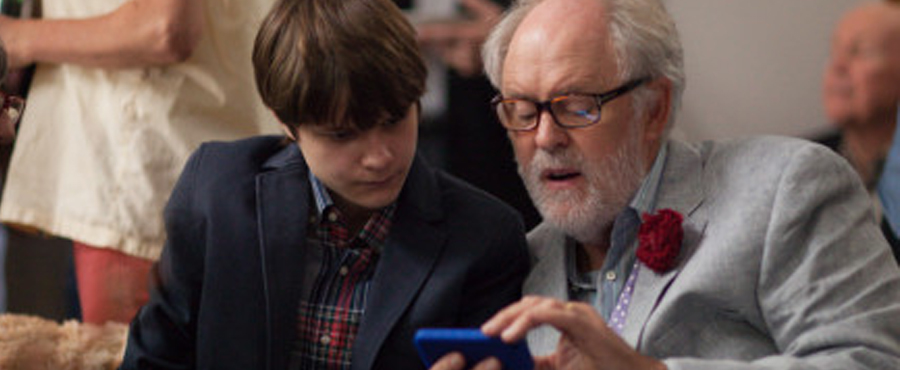Love Is Strange

Of all the stories we enjoy hearing and seeing in films, stories about love—or the lack of it—seem to be at the top of the list. Try to think for a moment of a film that tells a story without any love-related component. Love, of course, exists in many forms besides the one we most often associate with that emotion—romantic love. Familial love that arises fiercely from the biological bond, and friendship love that arises out of our need as humans to live associative rather than isolative lives, also inform many of the stories told over and over in the movies—movies that we actually help make simply by our participation as we watch them.
But romantic love trumps the list of themes in the hundreds of movies made with factory like components projected for our consumption in strings of theatres across the country. Most of these assembly line films about romantic love give us big overstated plots and characters that often play on the angst that such love can generate. It is a rare film that gives us a clear portrayal of deep love in an understated way. Even rarer is a film that does this about the committed love of an older same sex couple within the context of a multigenerational family setting. Love Is Strange is this kind of rare film.
